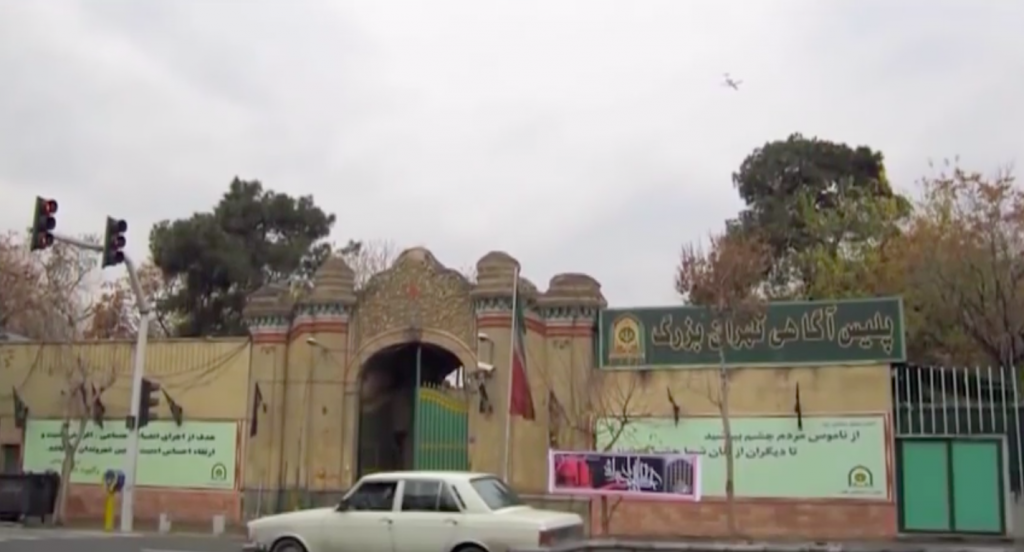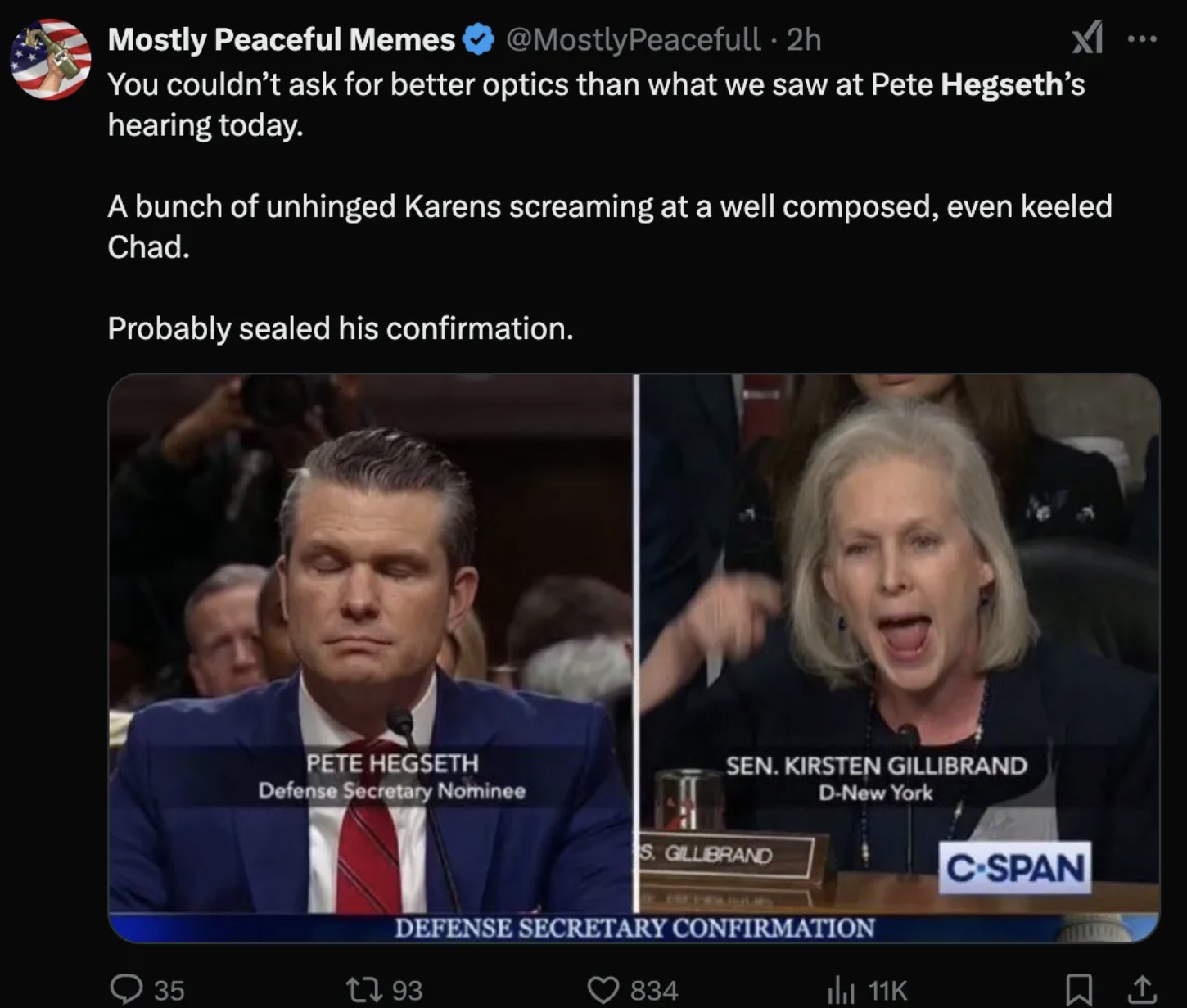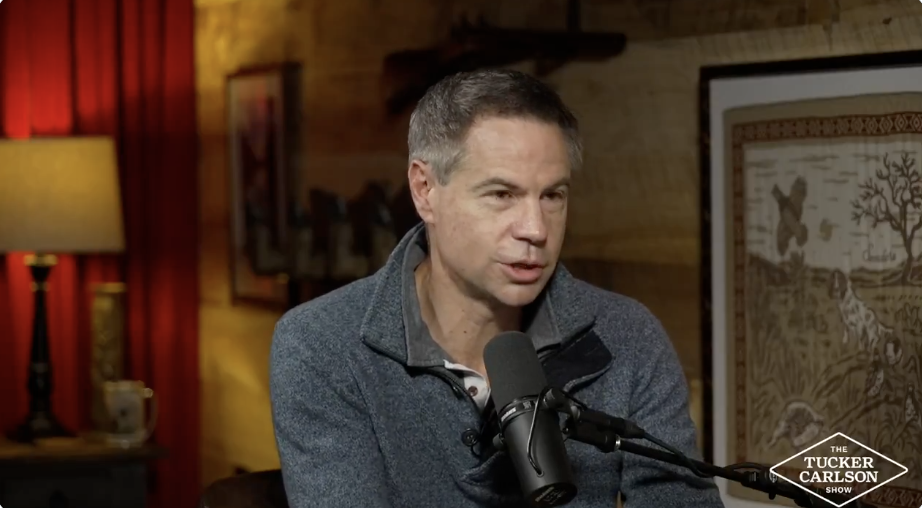
Screenshot Youtube
By Lord Maginnis of Drumglassis a prominent member of the British Committee for Iran Freedom and member of the U.K. House of Lords
July 19 marked the anniversary of the date in 1988 when “death commissions” were convened across Iran, on orders from Ayatollah Khomeini, its Supreme Leader at that time. Over the course of the next several months, these three-judge panels would be responsible for the deaths of approximately 30,000 Iranian political prisoners, most of whom were members of the opposition, the People’s Mojahedin Organization of Iran (PMOI/MEK).
No one has ever been held accountable for the massacre, and more than 30 years later, questions persist about its precise scope and details. A complete picture of these mass executions may never come into focus because the Iranian regime has actively destroyed the evidence, including paving over some of the mass graves where authorities buried the victims in secret. That dreadful image will become more faded over time, unless the international community – not least the United Kingdom - takes immediate action to investigate the massacre and hold its perpetrators to account, before Iran can conceal any more evidence or spread any further misinformation. Notably questions in the House of Lords reveal a predisposition to quibble about the extent of the massacre!
At the moment, that misinformation abounds, both about the massacre and about the organization that was supposed to be destroyed by it. For many years, Tehran implied that its goal had been successful, insisting the PMOI had no contemporary support inside Iranian society, and thus no prospect for undermining the mullahs’ hold on power. That was proven false no later than January 2018, when Supreme Leader Ali Khamenei delivered a speech acknowledging that the PMOI, Iran’s best organized opposition, had played a major role in nationwide protests that were then gripping the country.
Those protests escalated into countless localized demonstrations that continued through the rest of the “year full of uprisings,” keeping alive the chant of “death to the dictator” and other expressions of a popular appetite for regime change. And in November 2019, the nationwide uprising re-emerged on an even greater scale, encompassing approximately 200 cities and towns that, again, gave rise to some of the worst government repression since the era of the 1988 massacre.
In a matter of only days, approximately 1,500 peaceful protesters were killed by security forces and the Islamic Revolutionary Guard Corps (IRGC). Since then others have been sentenced to death, and it is difficult to say how many more capital sentences might yet emerge out of the thousands of arrests that were made at the end of last year.
Tehran tries, of course, to downplay the situation on the international stage. Iran’s Interior Ministry has consistently denied the death toll from the November uprising, albeit without offering any alternative estimate or concrete evidence of false reporting on the part of activists or human rights groups.
The regime is clearly counting on a relative absence of Western scrutiny and the off-hand manner of U.K. government reaction. Unfortunately, it has a sound basis for doing so. The UK, as well as Europe, has a long history of giving Tehran the benefit of the doubt; simply steering clear of Iran’s domestic affairs out of some misguided concern about alienating ‘moderates’ within the theocratic regime.
It should have been obvious that no Iranian official can be considered moderate nor has openly objected to domestic violence. This is because both past and ongoing human rights violations have found champions among both the “hard-line” and the so-called “reformist” factions of Iranian politics.
The hard-line standard bearer and ultimate regime authority, Khamenei, appointed one member of the 1988 death commissions to the head of the judiciary last year. Two years earlier, at the start of his second term in office, the supposedly moderate President Hassan Rouhani did the same for the position of Justice Minister, by elevating yet another official who had also served on the death commissions. Such signs of ideological unity are part of the reason why grass-roots Iranians have been increasingly militant as they have pursued a more radical change since 2017.
The international community must come face-to-face with this reality and now take steps to fully understand the context and objective behind Iran’s domestic unrest. That could be secured, in large part, by the United Nations pressing more effectively for the details of the 1988 massacre and associated acts of political violence. The entire world must publicly recognize the details of these crimes before those protesting can hope to succeed in overturning Iran’s current penchant for human rights abuses.
There is little doubt that the results of such an investigation would underpin the need for countries like the United Kingdom to be more assertive in their efforts to hold Iran to account for its various malign activities. The U.Ks. knowledge of the Middle East could complement that strategy of “maximum pressure” now being pursued by the United States.
The Iranian Resistance movement, NCRI, endeavored to bring this call to the attention of the international community with a three day online global summit on 17 July bringing together lawmakers, human rights activists and Iranians from 30,000 locations in both Iran and 100 other countries.
It is indeed shameful the United Kingdom has so far failed to recognize the NCRI leader, Mrs. Maryam Rajavi, whose 10-point democratic objectives are unequivocal. It is now essential and reasonable that she be issued a simple invitation to make a visit to her supporters in the U.K. as she has been able to do in the USA. Now is the time for the U.K. to right this wrong.
With Iran potentially on the brink of a new revolution, the Islamic Republic’s history of human rights violations is indicative of a regime that is fundamentally irredeemable, and unworthy of being treated as a normal country. Nations that value democracy and human rights can no longer “sit on their hands” but must, with representatives of the pro-democracy Resistance movement, the NCRI, seek to make amends for those 32 wasted years since 1988.

























[…] post Iran’s Human Rights Record – U.K’s Casual Reaction! appeared first on CD […]
[…] Iran’s Human Rights Record – U.K’s Casual Reaction! […]
Great essay!
[…] Article by Rt. Hon. David Jones MP on Townhall.com, 22 August 2020:Appeals Grow Louder for Investigation Into Massacre of Political Prisoners in Iranhttps://townhall.com/columnists/davidjones/2020/08/22/appeals-grow-louder-for-investigation-into-massacre-of-political-prisoners-in-iran-n2574749Article by Amir Seifi in Dublin News, 22 August 2020:Iranian state-sponsored mass executions, 32 years onhttps://www.dublinnews.com/news/266159265/iranian-state-sponsored-mass-executions-32-years-onArticle by Kobra Jokar (a survivor of the 1988 massacre) in Daily Times, 23 August 2020:1988 crime against humanity in Iran: The regime should be held accountablehttps://dailytimes.com.pk/657934/1988-crime-against-humanity-in-iran-the-regime-should-be-held-accountable/Article by Lord Alton of Liverpool in International Policy Digest, 24 August 2020:UK Efforts to Defend Human Rights Must Not End with China, but Must Include Iranhttps://intpolicydigest.org/2020/08/24/uk-efforts-to-defend-human-rights-must-not-end-with-china-but-must-include-iran/Article by Hamid Enayat in REACTION, 24 August 2020:The shadow of Khomeini: Iranians remember the 1988 massacreshttps://reaction.life/the-shadow-of-khomeini-iranians-remember-the-1988-massacres/Article by Lord Maginnis of Drumglass in CD Media, 26 August 2020:Iran’s Human Rights Record – UK’s Casual Reaction!https://creativedestructionmedia.com/opinion/2020/08/26/irans-human-rights-record-u-ks-casual-reacti… […]